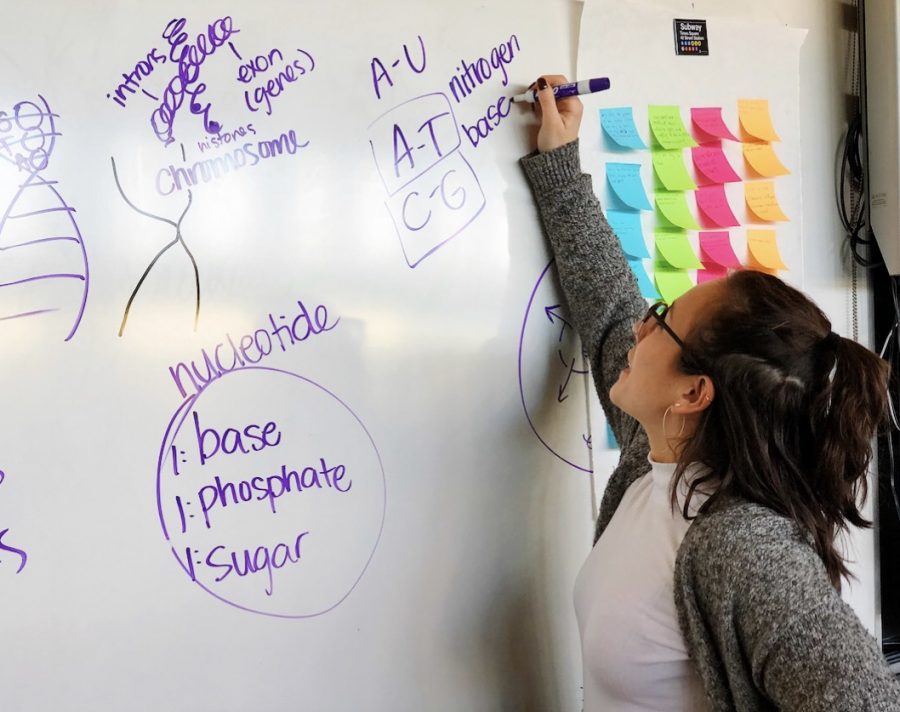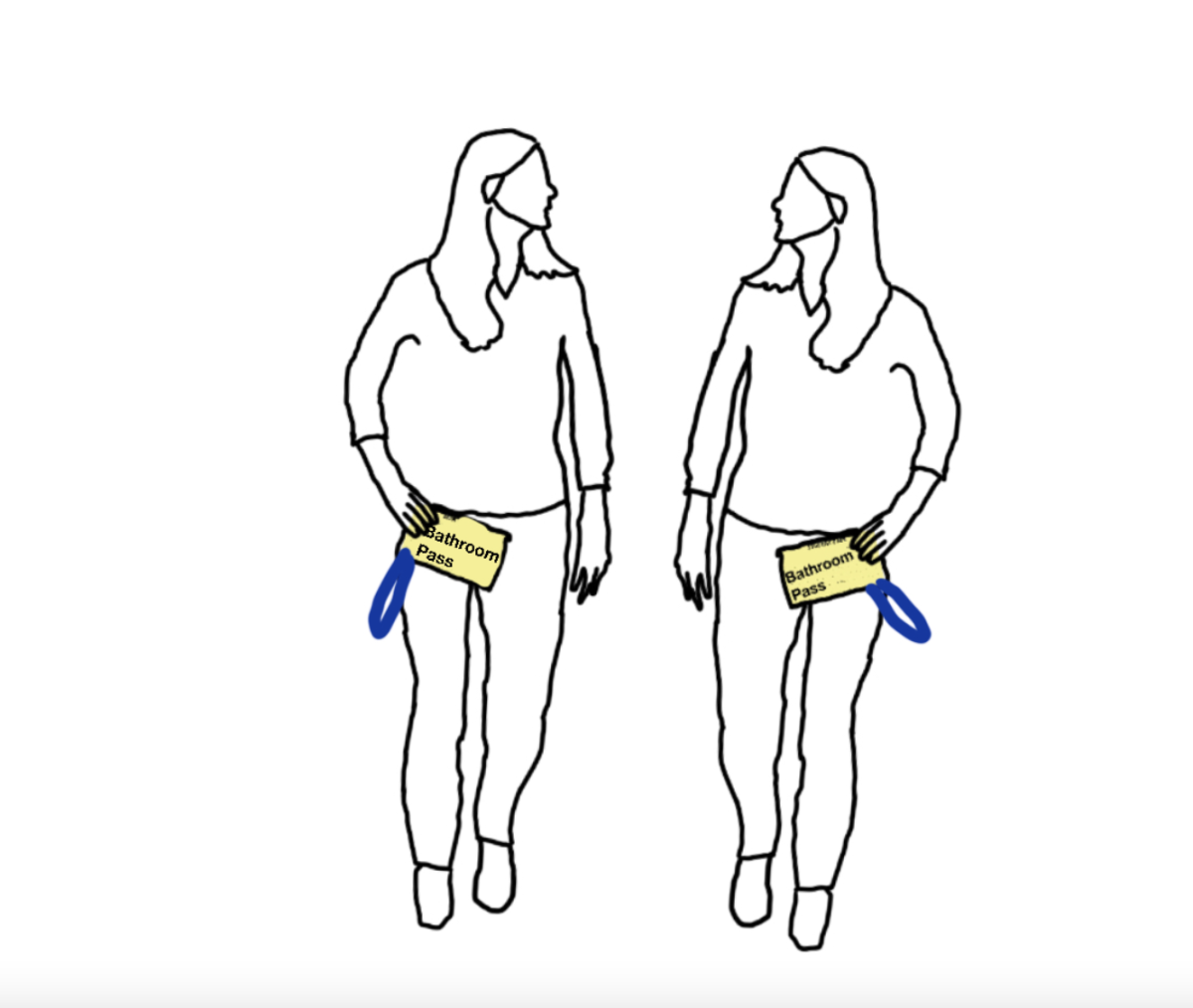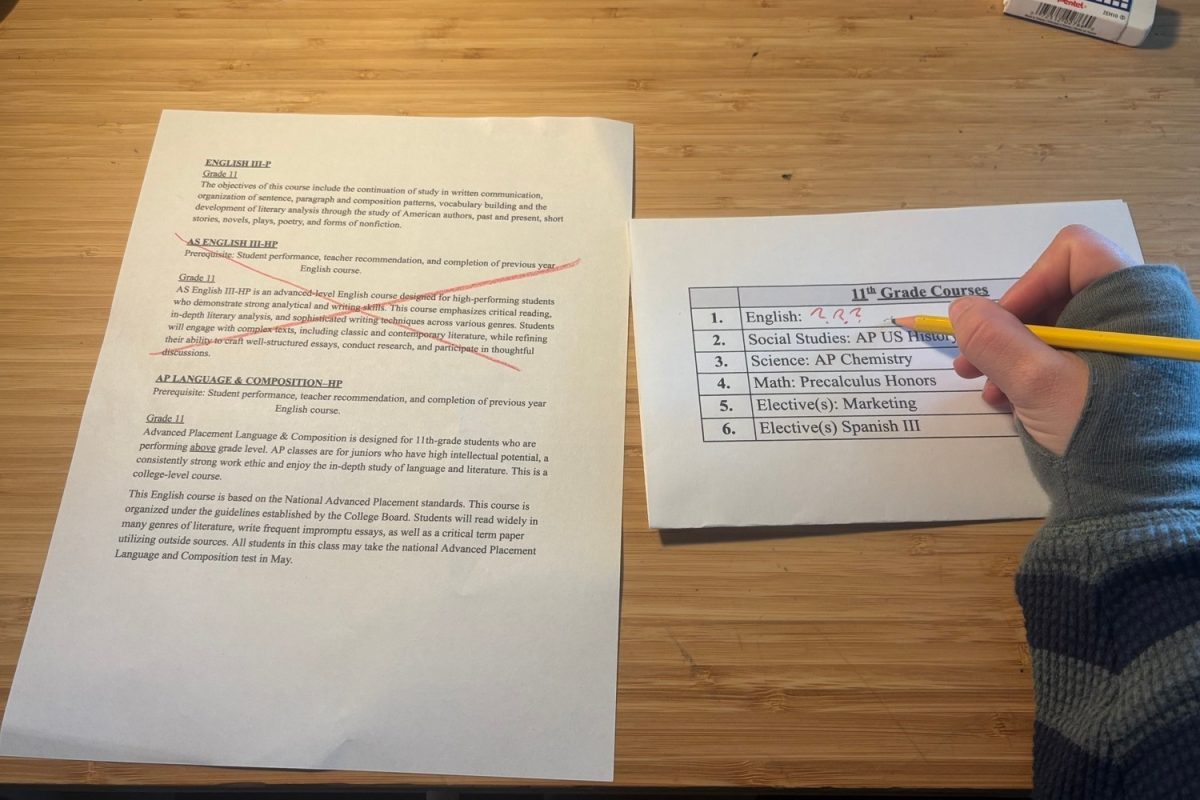Exhausted students fall into their seats as a teacher rushes to put their lesson plan up for the day. The students’ heads perk up in confusion. They have never seen this kind of lesson before.
An assistant vice-principal walks in, and it all makes sense.
Every teacher’s contract states that every other year, they will be evaluated based on the California Teaching Standards. There are six standards total, each with many sub-groups within them. At the beginning of the year, the teacher and evaluator will agree upon which standards will be looked at when they are evaluated. However, according to a handful of Carlmont students, some teachers completely change their average lesson plan to a more vigorous and advanced one just for the evaluation.
While this may be true, it is crucial to keep in mind that students don’t always know the full context of the situation.
Assistant Vice Principal Grant Steunenberg is always stopping by random classes to check on the students. So, when he is the evaluator, it is easy to notice when a teacher deviates from their normal behavior.
“If we go into a classroom and we see a completely different level of teaching, we know that it’s not what is usually happening. That allows an opportunity for a conversation for what can be improved for next time,” Steunenberg said.
From a student’s perspective, it can seem as though the teacher is just trying to impress the evaluator. When sophomore Kai Leigh Roach notices this behavior, she questions why the teacher feels the need to add in new activities that don’t necessarily correlate with what they have been learning.
“Most days, we just take notes and do our homework. Sometimes when an assistant vice principal comes in, we will have to get up and play learning games. It just throws everyone off, and we are all confused,” Roach said.
When going into the evaluation, a teacher may be asked to incorporate a specific part of a teaching standard. For example, if a teacher is asked to exhibit the “Creating and Maintaining Effective Environments for Student Learning” standard, the teacher may then include more interactive elements, such as a learning game.
Camille Erskine, a biology teacher at Carlmont, is known to keep her lessons fun and engaging throughout the year. Although it may get overwhelming for her to have a consistent lesson plan, Erskine reminds herself that what she does is for the students. She believes teachers should take a step back when being evaluated and think about why they might feel the urge to change their whole lesson plan.
“If you change your lesson just because there are other eyes in the classroom, you have to realize that there are always 32 other sets of eyes on you at all times. So think about how it affects those 32 students,” Erskine said.
Although some teachers may follow Erskine’s philosophy, there are still some who do the opposite and change their lesson plan for the evaluation.
“Everyone else will deny it, but of course, teachers will change their lessons a little to make themselves better. It’s human nature,” said Jake Messina, a teacher at Carlmont.












